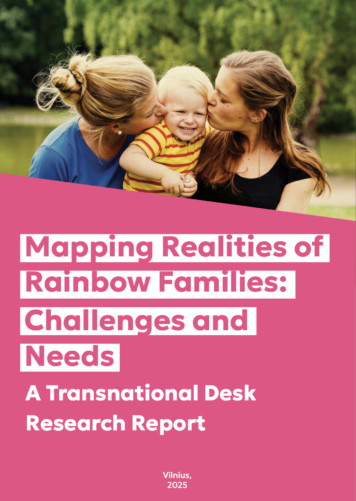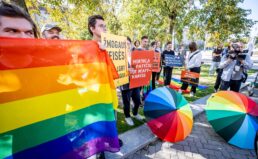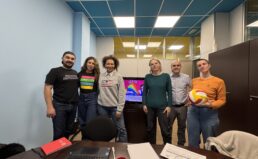A new international report prepared by the National LGBT rights organization LGL, “Mapping Realities of Rainbow Families: Challenges and Needs. A Transnational Desk Research Report,” provides an in-depth analysis of the experiences of different rainbow families — those consisting of same-sex couples, LGBTQ+ parents, and their children — across the Nordic–Baltic region and Ukraine.
The research reveals significant differences between the countries studied. Denmark, Iceland, and Estonia have achieved major legal advancements, yet institutional and cultural barriers persist. In Lithuania and Ukraine, legal recognition remains stalled due to resistance. Across all contexts, rainbow families face common issues — legal invisibility, heteronormative attitudes within institutions, social stigma, and a lack of systematic data.
The report emphasizes that legal equality does not always translate into equality in everyday life. True inclusion requires changes not only in legislation but also in education, healthcare, and societal attitudes — so that every family can be recognized and supported.
The publication presents key regional insights and recommendations — ranging from comprehensive legal recognition and institutional inclusion to data collection and the sustainable strengthening of civil society.
The report calls for coordinated regional solutions and reminds us that rainbow families are an inseparable part of our societies. Their recognition is a test of democracy, equality, and solidarity.
 The publication was prepared as part of the project “Connecting families, educators and policymakers to combat violence and improve the well-being of LGBTIQ children in the Nordic-Baltic region and Ukraine,” co-funded by the Nordic Council of Ministers’ program “Prosperous Future.”
The publication was prepared as part of the project “Connecting families, educators and policymakers to combat violence and improve the well-being of LGBTIQ children in the Nordic-Baltic region and Ukraine,” co-funded by the Nordic Council of Ministers’ program “Prosperous Future.”




